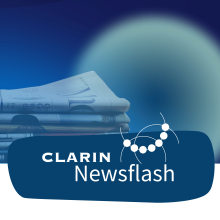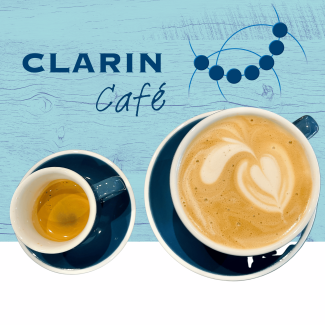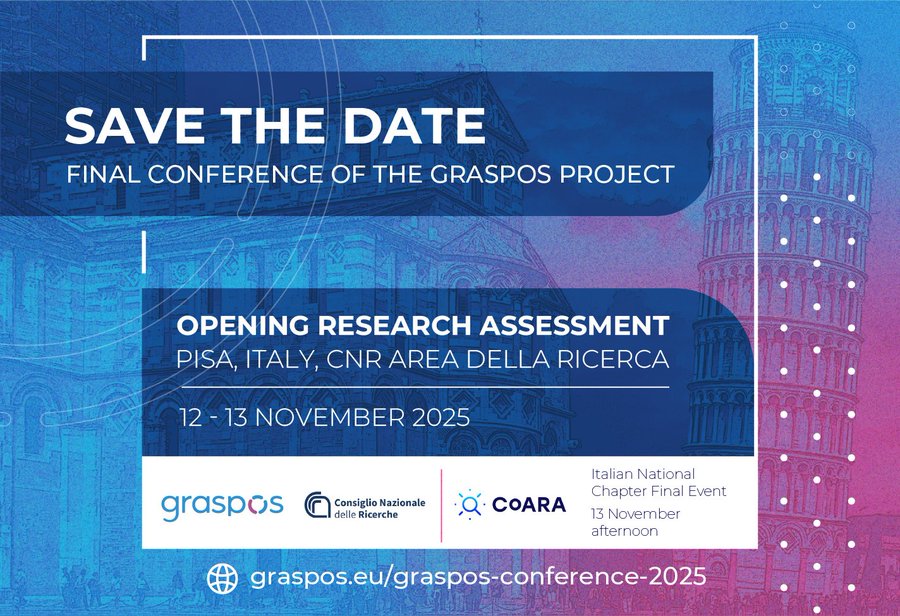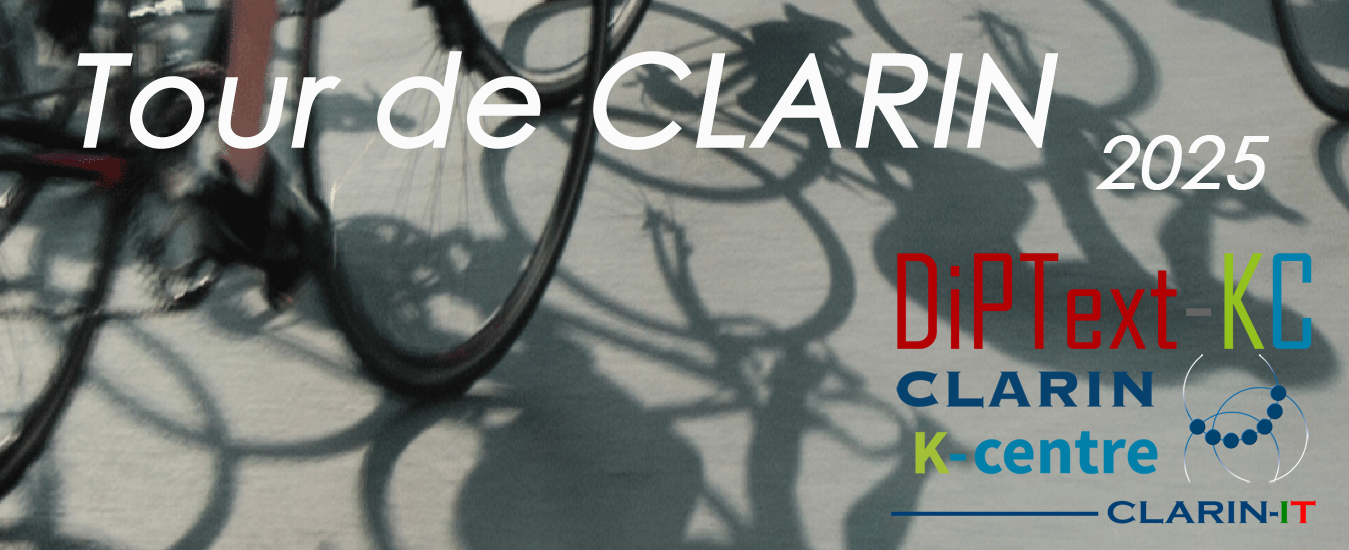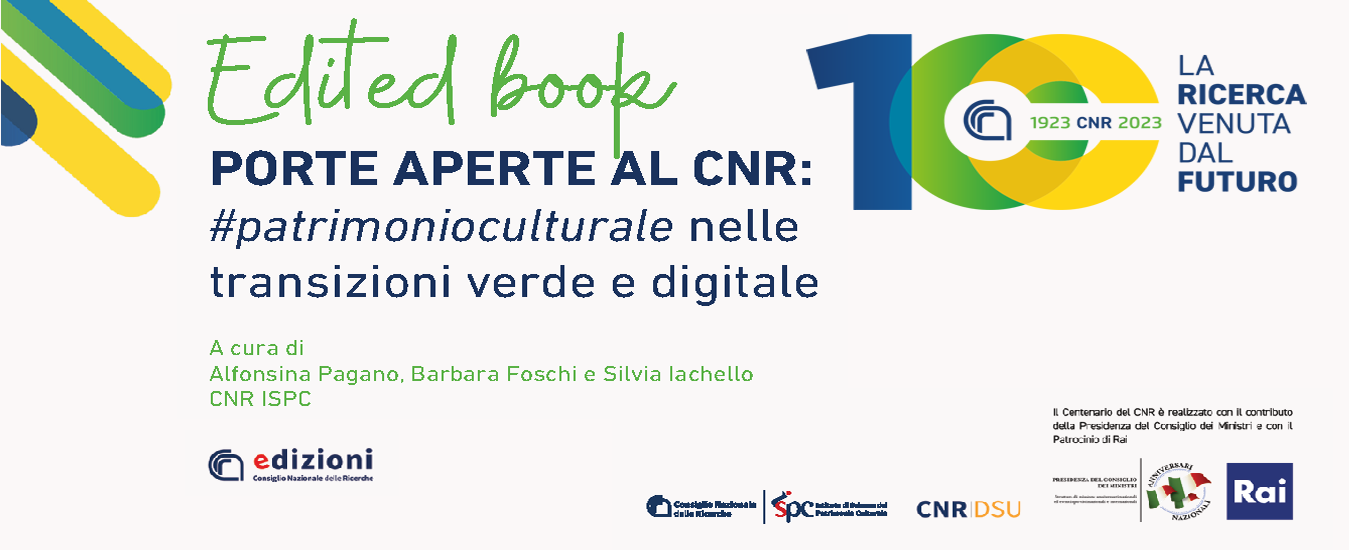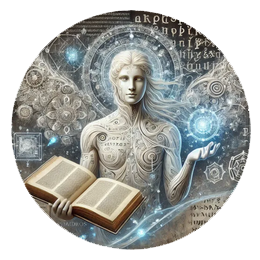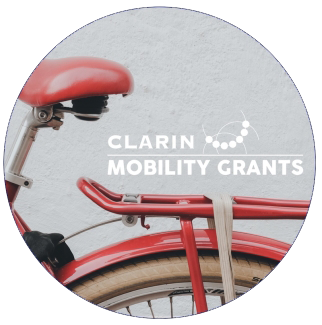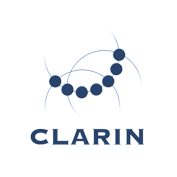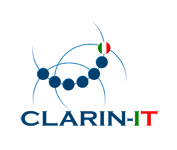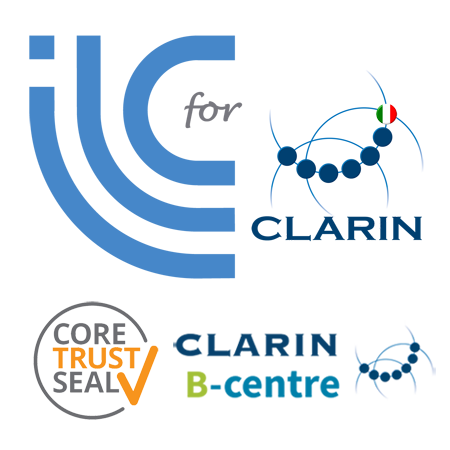About
Areas of Competence
DiPText-KC offers expertise on methods, data, instruments and technologies relevant in the field of Philological and Literary Studies, History, Art History and Cultural Heritage.
Its actions aim at:
- sharing information with scholars and students about the state of the art in digital scholarly editing and text annotation through domain-specific languages;
- supporting scholars and students in the creation and publication of digital scholarly editions and resources;
- organizing training activities (for instance webinars, workshops and summer schools).
Audiences Targeted
- Digital Philologists;
- Computational Philologists;
- Scholars in Literary Studies;
- Art Historians;
- Cultural Heritage Scholars;
- Computational Linguists.
Types of Services Offered
- Helpdesk;
- User Assistance;
- Training.
Languages Covered
- Italian;
- Ancient Greek;
- Latin;
- Arabic;
- English;
- French;
- German.
Modalities Covered
- Text;
- Images.
Linguistic Topics Covered
- Text Encoding;
- Phonology;
- Morphology;
- Syntax;
- Semantics;
- Lexicography.
Language Processing Topics Covered
- Automated Text Encoding;
- Information Extraction;
- Domain-Specific Language Parsing.
Data Types Covered
- XML-TEI Encoded Documents;
- Treebanks;
- Wordnets;
- Dictionaries;
- Ontologies.
CLARIN Resources Families Covered
- Corpora:
- Historical Corpora;
- Literary Corpora;
- Manually Annotated Corpora;
- Parallel Corpora;
- Lexical Resources:
- Lexica;
- Dictionaries;
- Wordnets.
Generic Topics Covered (not connected with specific languages)
- Text Encoding;
- Linked Open Data;
- Domain-Specific Languages.
Key-words and Phrases (describing the Expertise of the Centre)
- Data Modeling in the domain of Philological and Literary Studies;
- Software Engineering in the domain of Philological and Literary Studies.
Useful Links for Funding and Cooperation
- https://www.clarin.eu/funding
- https://www.clarin.eu/governance/legal-issues-committee
- https://www.clarin.eu/content/legal-information-platform
- https://www.clarin.eu/governance/user-involvement-committee (for contacting the Italian User Involvement Representative for help in disseminating infomation about the K-Centre)
Other K-centres with Similar Foci and Themes
Literature
- CLARIN K-Centre DANSK – DANish helpdeSK (DANSK)
- CLARIN K-centre for Diachronic Language Resources (DiaRes)
- CLARIN Knowledge Centre for Dutch (K-Dutch)
- CLARIN Knowledge Centre for Polish Language Technology (PolLinguaTec)
- CLARIN Knowledge Centre for South Slavic Languages (CLASSLA)
- CLARIN Knowledge Centre for Swedish in a Multilingual Setting (CLARIN-SMS)
- CLARIN Knowledge Centre for the Science and Technology of the Portuguese Language (PORTULAN)
- CORLI French CLARIN Knowledge Centre for Corpora, Languages and Interaction (CORLI-K-Centre)
- Czech CLARIN Knowledge Centre for Corpus Linguistics (CorpLingCz)
- IMPACT Centre of Competence – CLARIN K-Centre in Digitisation (IMPACT-CKC)
- Phonogrammarchiv / Austrian Academy of Sciences – CLARIN K-Centre (PhA-OeAW)
Mining, Extraction, Retrieval
- CLARIN K-Centre for Natural Language Processing in Greece (NLP:EL)
- CLARIN K-Centre for Terminology Resources and Translation Corpora (TRTC)
- CLARIN Knowledge Centre for Computer-Mediated Communication and Social Media Corpora (CKCMC)
- CLARIN Knowledge Centre for Dutch (K-Dutch)
- CLARIN Knowledge Centre for Language Learning Analysis (CLARIN-Learn)
- CLARIN Knowledge Centre for Multimodal and Sensor-based Data (CLARIN-MULTISENS)
- CLARIN Knowledge Centre for Polish Language Technology (PolLinguaTec)
- CLARIN Knowledge Centre for South Slavic Languages (CLASSLA)
- CLARIN Knowledge Centre for The Languages of Sweden (SWELANG)
- CLARIN Knowledge Centre for the Science and Technology of the Portuguese Language (PORTULAN)
- Czech CLARIN Knowledge Centre for Corpus Linguistics (CorpLingCz)
- IMPACT Centre of Competence – CLARIN K-Centre in Digitisation (IMPACT-CKC)
- Systems and Frameworks for Morphologically Rich Languages (SAFMORIL)
Morphology
- CLARIN Knowledge Centre for Computer-Mediated Communication and Social Media Corpora (CKCMC)
- CLARIN Knowledge Centre for South Slavic Languages (CLASSLA)
- Czech CLARIN Knowledge Centre for Corpus Linguistics (CorpLingCz)
- CLARIN K-Centre DANSK – DANish helpdeSK (DANSK)
- CLARIN Knowledge Centre for Dutch (K-Dutch)
- CLARIN K-Centre for Natural Language Processing in Greece (NLP:EL)
- CLARIN Knowledge Centre for Polish Language Technology (PolLinguaTec)
- CLARIN Knowledge Centre for the Science and Technology of the Portuguese Language (PORTULAN)
- Systems and Frameworks for Morphologically Rich Languages (SAFMORIL)
- Spanish CLARIN Knowledge Centre (Spanish K-Centre)
- CLARIN Knowledge Centre for Treebanking (Treebanking)
Parallel Data
- CLARIN Knowledge Centre for Polish Language Technology (PolLinguaTec)
- CLARIN Knowledge Centre for Dutch (K-Dutch)
- CLARIN Knowledge Centre for the Science and Technology of the Portuguese Language (PORTULAN)
- CLARIN Knowledge Centre for Swedish in a Multilingual Setting (CLARIN-SMS)
- CLARIN K-Centre for Natural Language Processing in Greece (NLP:EL)
- CLARIN Knowledge Centre for The Languages of Sweden (SWELANG)
- Czech CLARIN Knowledge Centre for Corpus Linguistics (CorpLingCz)
